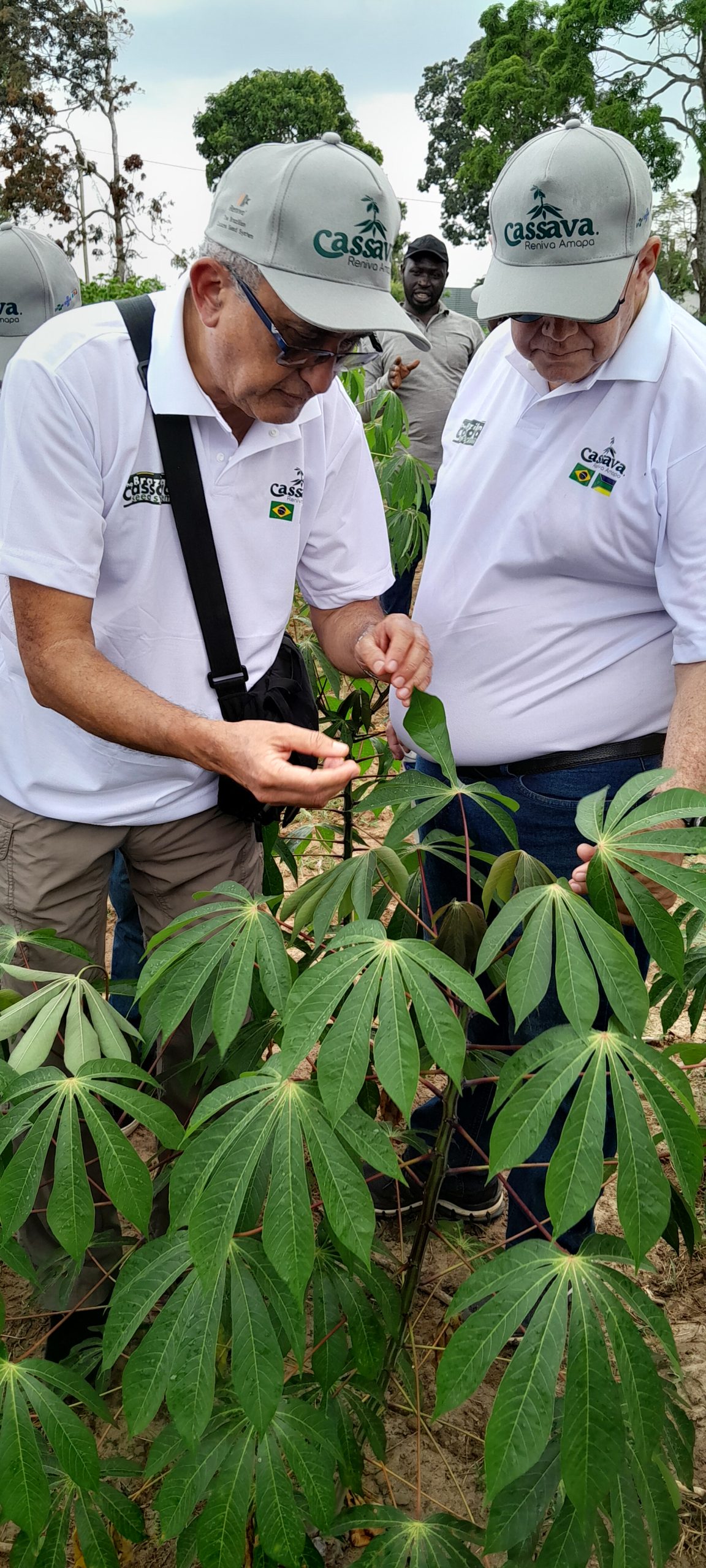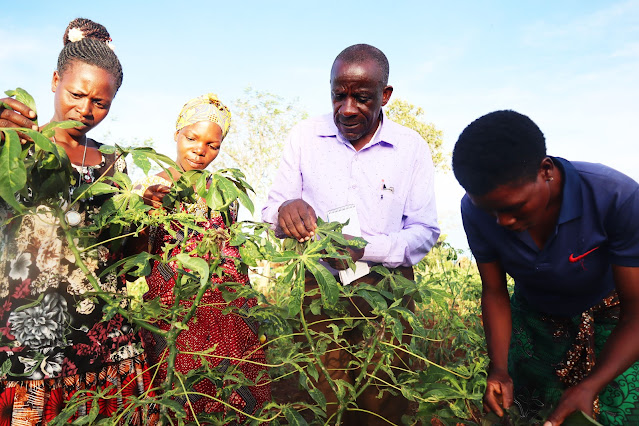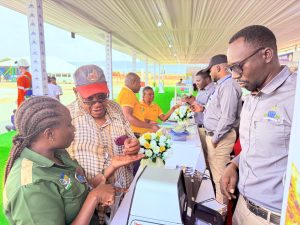Brazilian Agricultural Pundits Tours Tanzania To Advance Cassava Innovation, Seed Systems
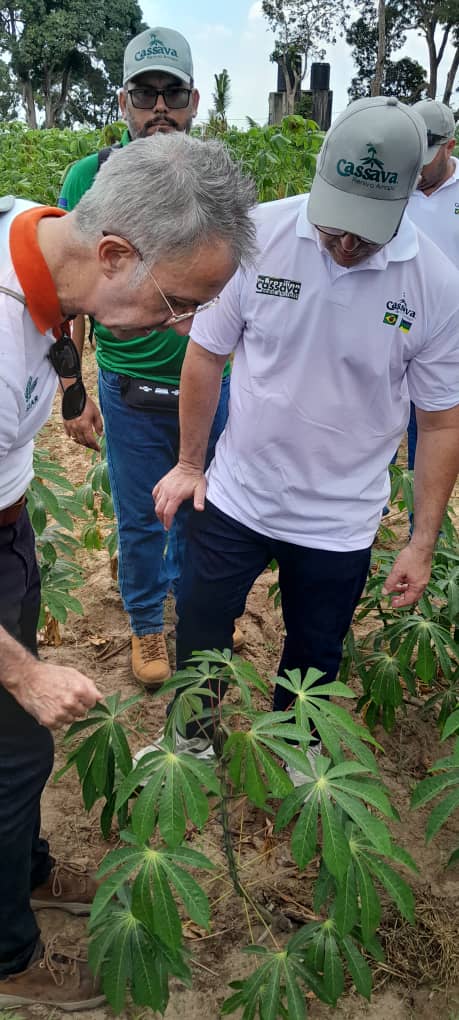
By Senior Reporter VALENTINE OFORO
A Delegation of nine agricultural researchers from Amapa State in Brazil, have jetted into the country to exchange knowledge on cassava innovation and seed system development with their local counterparts.
The visitors paid a technical visit to the International Institute of Tropical Agriculture (IITA) and the Tanzania Agricultural Research Institute (TARI).
The delegation included experts from SEBRAE, a private non-profit organization working closely with the Brazilian government, in public private partnerships manner, to foster entrepreneurship among micro and small businesses and enhance competitiveness in various sectors, including agriculture.
Others in the delegation list were senior researchers from the Brazilian Agricultural Research Corporation (EMBRAPA), the renown international expertise organisation in cassava research, agricultural extension workers, along with cassava seed entrepreneurs (CSEs).
Giving an exclusive interview to this publication over the development, the Research Officer and Principal Investigator of Building an Econocally Sustanaible and Integrated Seed System for Cassava (-BASIC II) Project, Nsajigwa Mwakyusa expressed that the main objectives of the Brazilian delegation’s visit were to gain insights into Tanzania’s cassava Early Generation Seed Systems (EGS)
“Furthermore, they have come into the country to identify the key factors driving the success of CSEs and the strategies used to promote them, and to understand how the scaling of cassava best-bet practices, including weed management, is implemented in Tanzania,” Mwakyusa added.
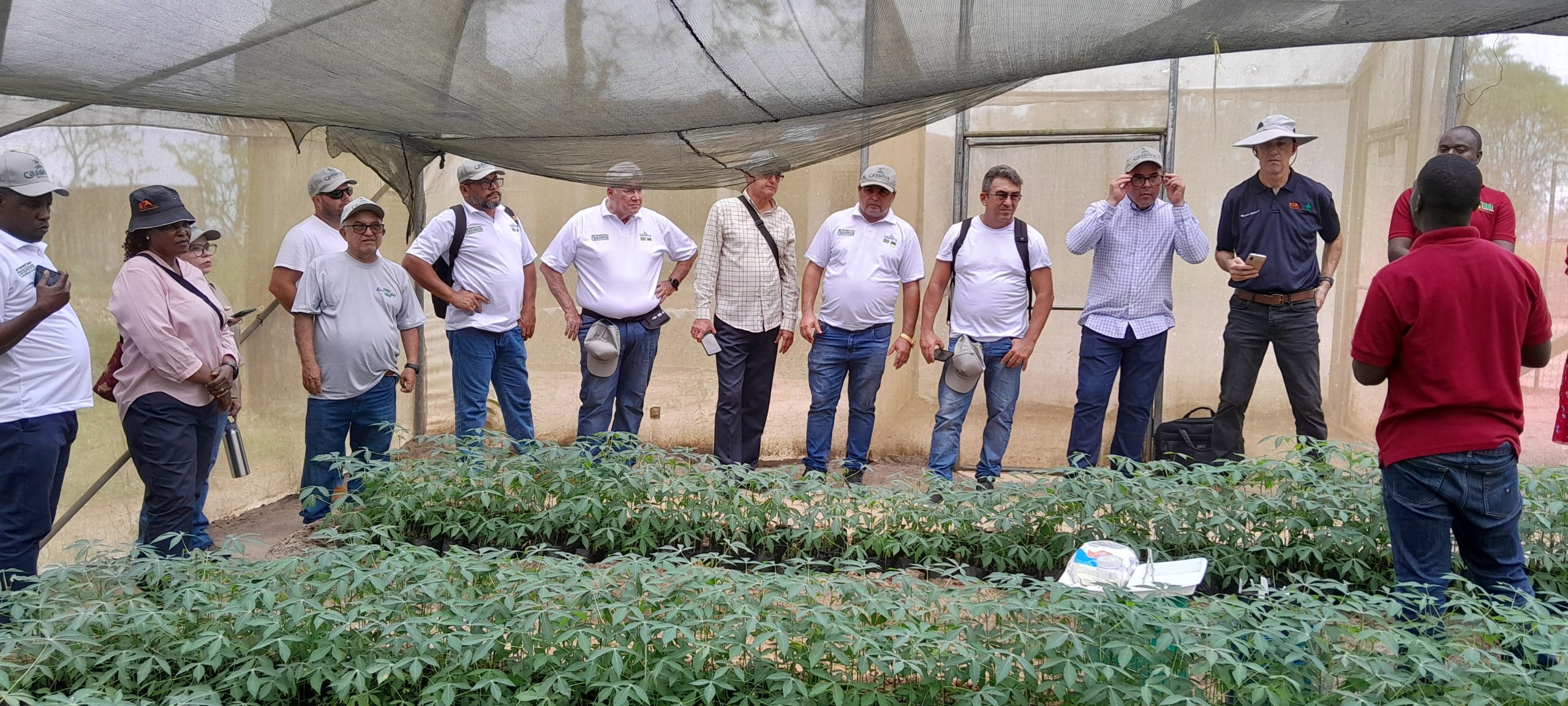
During the visit, the involved institutions shared their cutting-edge research and scaling efforts for cassava, while the Brazilian team provided insights into their cassava breeding and seed system activities in Brazil.
“This exchange set the stage for deeper collaboration and shared learning between the two nations,” he observed.
And during the week -long visit, according to him, the delegation explored key cassava research sites, including the Chambezi TARI/IITA breeding trials, and met with several local CSEs.
“They also got opportunity to visit at the Tanzania Official Seeds Certification Institute (TOSCI), to better understand the regulatory framework supporting seed certification in the country,” he expressed.
In addition to the Brazil delegation, he detailed that TARI Kibaha center has recently hosted a number of important international exchanges.
“These engagements have been crucial in showcasing Tanzania’s role in the global cassava research landscape,” he noted.
Earlier last month, he informed, Dr. Richardson Okechuku from IITA Nigeria visited and conducted in the country a Monitoring, Evaluation, and Learning (MEL) session under the BASICS II Project.
Unveiling more development in the country’ casdava sub- sector, he said a group of twelve delegates from Nigeria, including representatives from the National Root Crop Research Institute (NRCRI), Catholic Relief Services (CRS), and the Association of Cassava Seed Entrepreneur Network (ACSEN), recently visited TARI Kibaha to learn about Tanzania’s cassava seed system.
“Their primary focus was on gaining a deeper understanding of Early Generation Seed (EGS) production processes,”
“In July 2024, TARI Kibaha also welcomed a delegation of 28 officials from Kenya, including members of the Kenya Plant Health Inspectorate Service (KEPHIS), researchers from the Kenya Agricultural Research Institute (KARI), and staff from Mennonite Economic Development Associates (MEDA),”he informed.
He said the group was part of the Virus Resistant Cassava for Africa (VIRCA PLUS) program and came to study sustainable cassava seed systems in Tanzania.
“This series of visits underscores the growing reputation of TARI Kibaha among institutions leading in cassava research and the development of sustainable seed systems in the tropics in Africa and elsewhere,” he observed.
The diverse interactions which continues to crop- up in the sector, he said have helped to provide a platform for mutual learning and collaboration, strengthening agricultural research and innovation and enhancing Tanzania’s position as a key player in global cassava seed system development.

